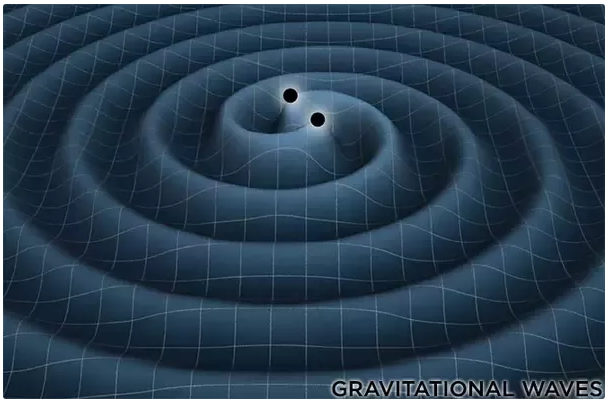Astronomers Detect Burst Of Gravitational Waves Coming From An Unknown Source

KEY POINTS
- Scientists detected a burst of gravitational waves from an unidentified source
- The gravitational waves were detected by the LIGO observatories
- Some scientists believe the burst came from the Betelgeuse star's supernova event
Scientists recently detected gravitational waves from an unknown source. Some believe they may have been produced by a nearby star that’s in danger of going supernova.
The anomaly was detected by the Laser Interferometer Gravitational-Wave Observatory (LIGO), a series of facilities that were built specifically to hunt for gravitational waves, which are known as disturbances in the fabric of space-time.
Recently, LIGO’s sensors lit up after detecting a burst of gravitational waves labeled as S200114f, CNET reported. Although scientists were able to trace the region where the waves came from, they were not able to identify what caused them.
In previous observations, gravitational waves were produced by violent cosmic events such as the collision of two black holes. Fluctuations in the curvature of space-time can also be caused then two stars merge after orbiting one another for a long time.
However, as LIGO noted, finding gravitational waves and detecting their exact origins can often be tricky.
“Searching for burst gravitational waves requires being utterly open-minded,” LIGO’s website stated. “For these kinds of gravitational waves, scientists must recognize a pattern of signals even when such a pattern has not been predicted or modeled (what we think a signal may look like) before. If you don’t know what you’re looking for, it’s really hard to find it.”
Following the detection of S200114f, several astronomers speculated that the burst of gravitational waves may have been produced by the star known as Betelgeuse. This star is one of the brightest in the sky and is located about 642.5 light-years from Earth.
Recently, Betelgeuse’s brightness has been erratic, leading many astronomers to believe that it might go supernova soon. Once this happens, the astronomers noted the flash from the stellar explosion will be visible from Earth.
However, as other scientists pointed out, Betelgeuse did not produce the recently detected gravitational waves. Aside from the fact that the star has not yet gone supernova, the burst of gravitational waves seems to have originated from a different part of the sky.
Currently, scientists are still conducting follow-up observations to determine the source of the gravitational waves.
© Copyright IBTimes 2024. All rights reserved.




















